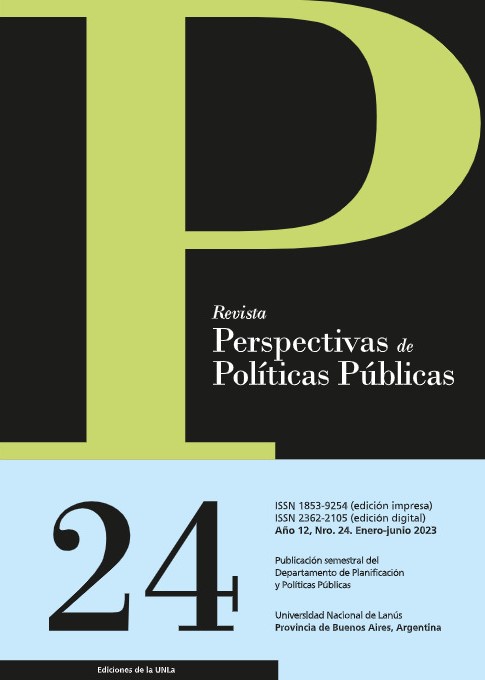Social policy in Chile as a conceptual source of conditional cash transfers programs (1973-2002)
Abstract
This article analyzes the trajectory of Chilean social policy as a direct antecedent of conditional income transfer programs in Latin America. This relationship has been insufficiently reviewed by the literature that has focused on the development of this type of programs to combat poverty. Reviewing the historical trajectory of Chile’s social policy, it is possible to observe that its conceptual and methodological bases had a decisive influence on the region’s social policy. This process begins with the structural transformation of the Chilean State under the Pinochet dictatorship and continued with the democratic governments that, although they advanced in the incorporation of new concepts, maintained the base of temporary and compensatory programs typical of neoliberal logics.






